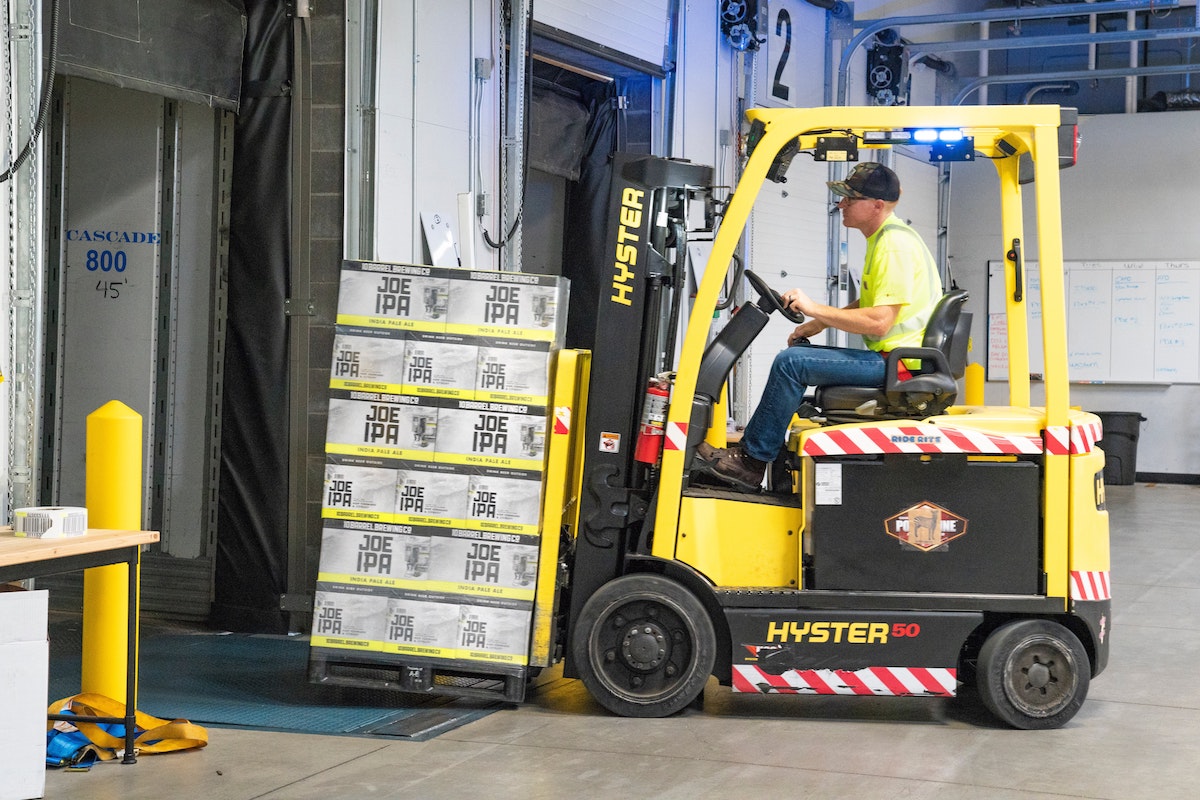The COVID-19 pandemic continues to have a massive impact on the US freight industry, with mounting uncertainties pertaining to supply and demand. The overlapping global supply chain networks are still adjusting to adapt to the novel coronavirus world.
In April, the Shipping and Freight Resource and the Ocean Insights collectively surveyed over 300 shipping and freight professionals to examine how the COVID-19 disruptions are shaping attitudes and perceptions in the industry and the decisions leaders might make. The results will help you understand the impact of COVID-19 on the US freight industry:
COVID-19 Impact, Adaptability, and Recovery
Participants included logistics service providers, carriers, freight forwarders, shippers, consultants, and others across various job levels. 59% of the respondents said that their operations were significantly impacted by the crisis, while only 1% said that their operations remain unaffected.
Delays and interruptions are majorly attributed to four reasons:
- Volume declines
- Transition delays
- Capacity shortages
- Delays from port to customer.
While communication with supply chain partners plays a critical role in freight and shipping, only half of the respondents said they’ve been maintaining ongoing, real-time communication with their partners.
When it comes to adaptability, it’s no wonder the industry has struggled to keep things running. 8% of the participants said their organizations suffered a total shutdown, 37% claimed they faced a partial shutdown with massive freight delays, and 35% experienced delays and minor glitches for a few days. Only 14% of respondents said their operations faced no issues in adapting to the crisis.
Regarding the recovery of operations, the largest proportion of supply chain professionals said they expect a slow recovery (44%). The next highest percentage, 37%, anticipated a moderate recovery. On a positive note, 19% said they would recover quickly. However, 2% of the respondents believed they wouldn’t be able to recover at all.
When asked whether they plan to change their strategy for quick recovery, the majority of the respondents (42%) said they’ll certainly change their strategies. 29% said they won’t make amendments to their strategy, while 30% were still unsure.
Industries Facing Logistics Challenges
Countries with enormous consumer bases have been facing an ongoing challenge in terms of ensuring a sustainable supply chain. Industries manufacturing automotives, industrial machinery and equipment have suffered the biggest blow with shipping operations being canceled or slowed to almost none. This also translated to huge losses for logistics and transportation companies.
The FMCG sector has also faced major supply chain disruptions. The resultant shortages have forced people to change their lifestyles and consume fewer products.
To maintain a continuous supply of food and other necessities, however, the agricultural sector was exempted from heavy COVID-19 restrictions implemented in other sectors. The demand was met through e-grocery solutions. As an example, the number of downloads for the Walmart Grocery app reached record high.
Moreover, the increased production and distribution of masks, medicines, gloves, and other medical equipment is predicted to drive the healthcare and pharmaceutical industry.
Final Word
Given that freight and shipping form a critical part of any economy, the COVID-19 pandemic has brought business operations in different sectors to a standstill. While the impact of COVID-19 on the US freight industry is expected to mitigate as governments have started lifting lockdown measures, recovery in the most affected industries will remain slow.
However, with their uninterrupted supplies of essential products, the healthcare and food industries are expected to give a much-needed push to the freight and logistics companies.
To learn more about how COVID-19 has impacted the US freight industry, keep checking out our page!


